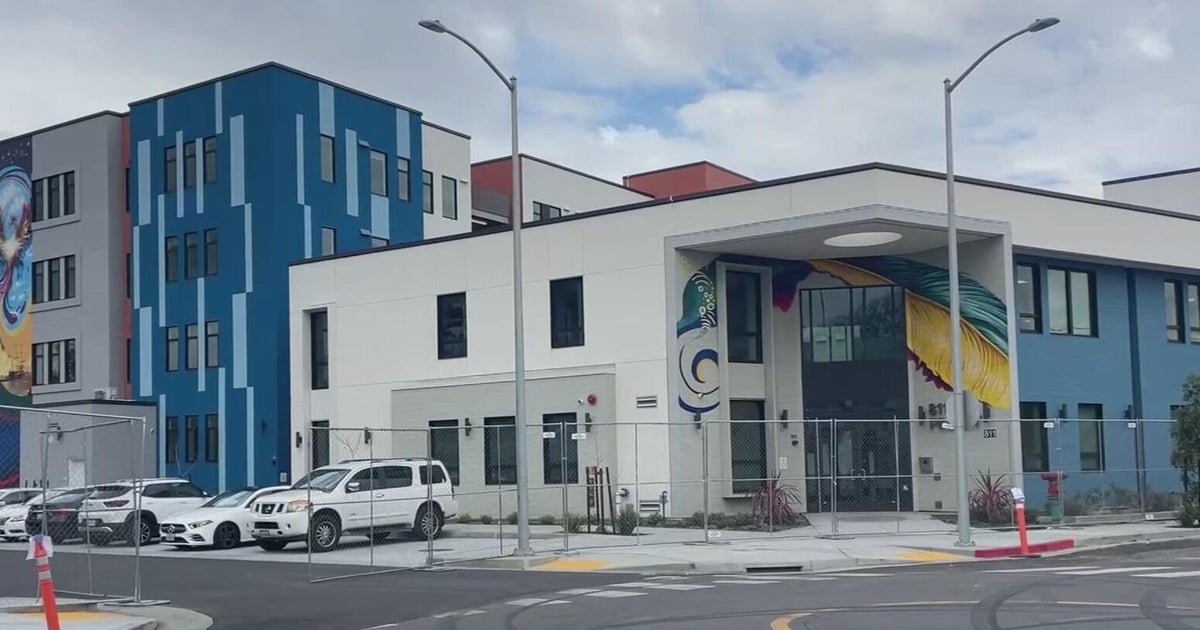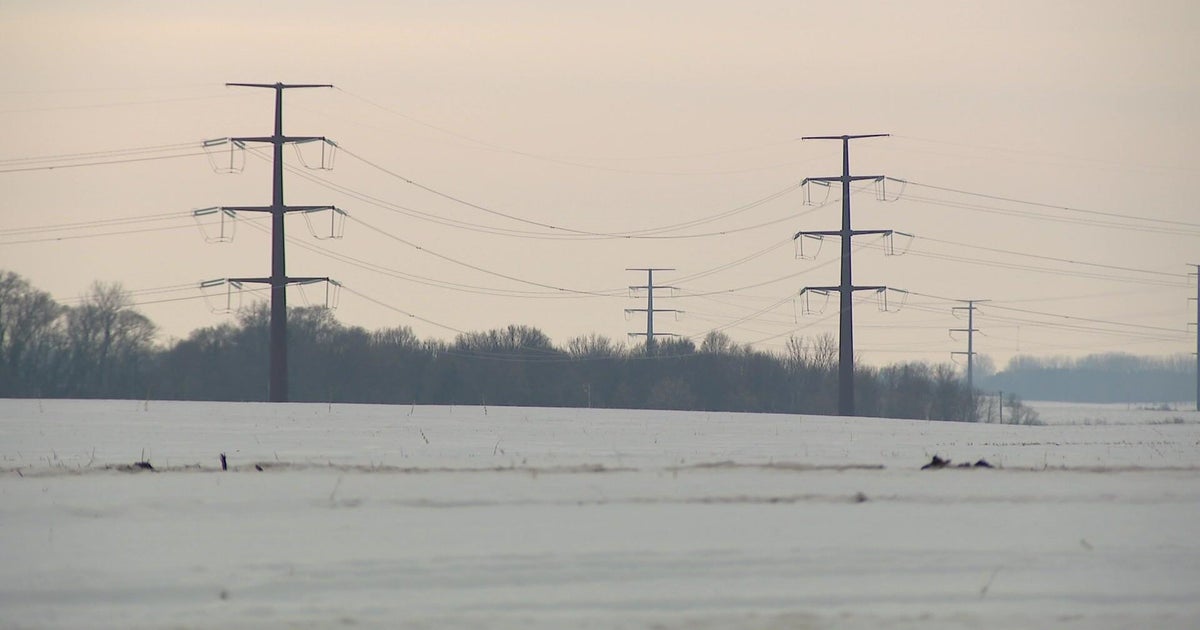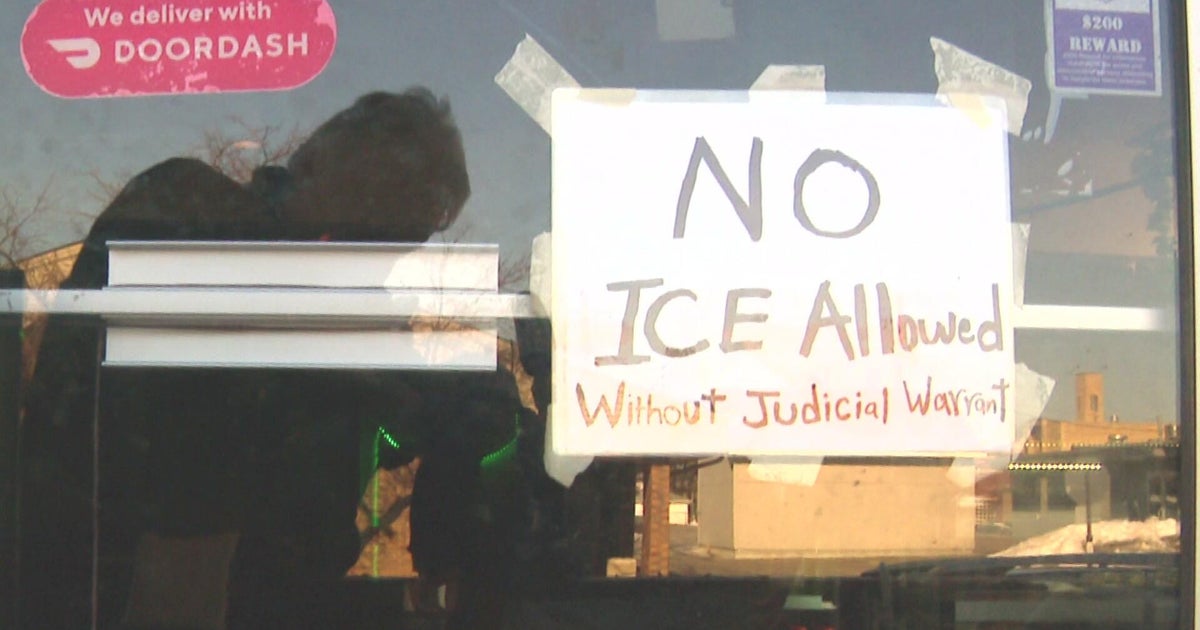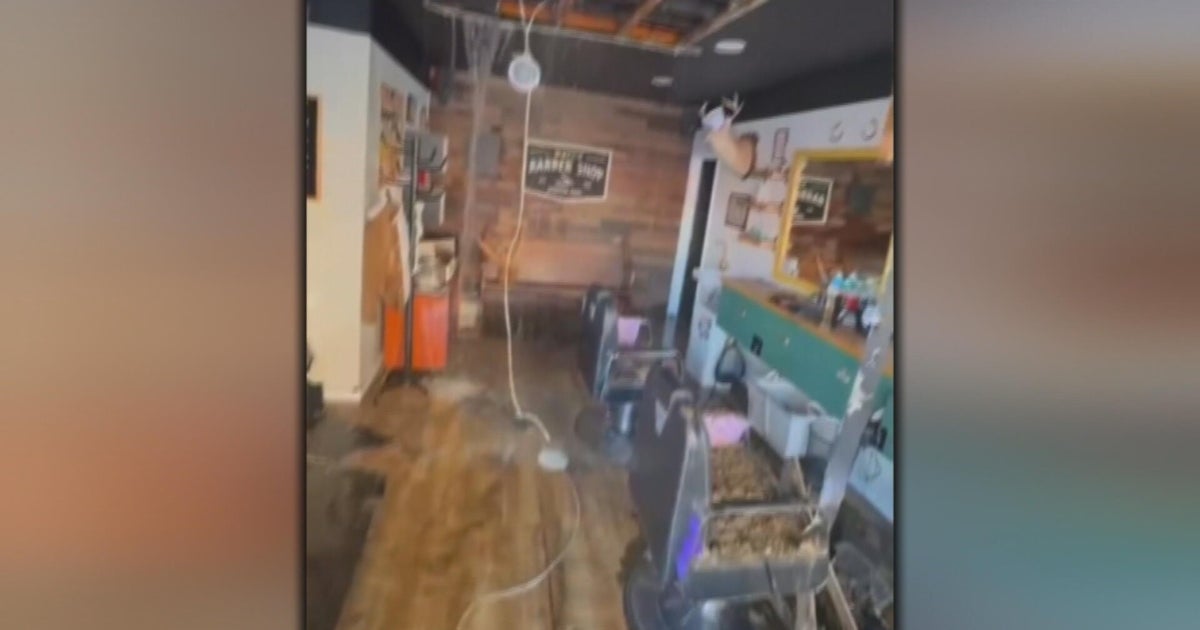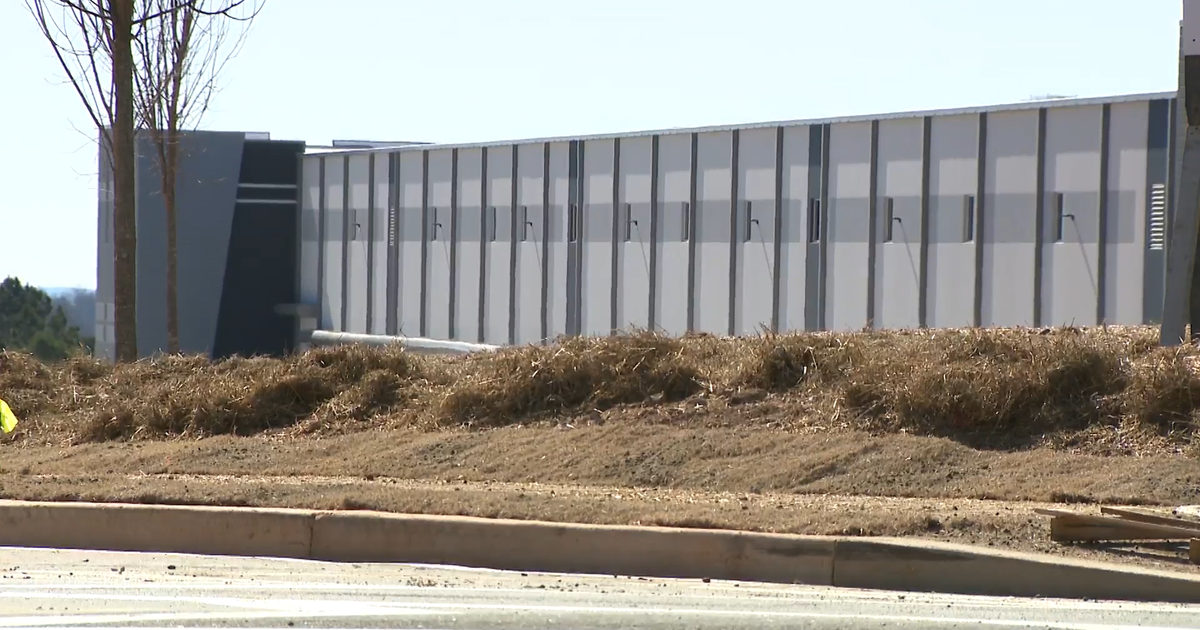Residents call for voters to decide on complying with MBTA Communities Act in Massachusetts town
WINTHROP - Residents in a Massachusetts community are asking for voters to be able to decide whether their town complies with a controversial law that would require more multifamily units.
What is the MBTA Communities Act?
Winthrop is among a growing number of towns that are pushing back against what's called the MBTA Communities Act, which requires Massachusetts communities with T access to allow the development of multifamily units to help with the housing crunch.
Some residents in Winthrop said their town is already too dense and they cannot afford to add hundreds of new residents. Others said if the town does not comply it risks losing out on state grants. All of it now could soon be up to voters to decide.
Over the last several months, Winthrop residents have taken to the streets, protesting the controversial law. Attorney Diana Viens is the organizer of Winthrop Says No to 3A and calls the law an injustice, in your face injustice. The law, passed in 2022, requires cities and towns with access to T service to add multifamily housing. In Winthrop, that means adding 882 units.
"This is not something people are gonna stand for and this is our homes. We're not giving up, we're not going away," said Viens.
Winthrop divided
Proponents of the law said it will help with the state's housing crisis, by building housing within a quarter mile of public transit. Some residents do agree with the law, with one telling the I-Team, "I think the housing crunch is real and owning a house is way outside my possibility right now. And I think if the state and the town can work together so that more people can be able to afford some stable housing, I think that would be fantastic."
But critics said it puts an unfair financial strain on small towns like Winthrop that cannot afford the infrastructure cost and traffic that comes with adding hundreds of new residents.
Winthrop Says No to 3A is suing the state and wants to be exempt from the requirement, claiming their tiny 1.6-square mile peninsula is unique.
"We have the extreme density but we also take on a lot of the burden for the state because we house the airport on our land. We have MWRA Deer Island waste treatment plant trucks running through our streets everyday all day long," said Viens. "We are shouldering a lot of the burden for the rest of the state for these communally used resources."
Concern about state grants
Despite the outcry from residents, Town Manager Tony Marino said Winthrop is identifying zoning districts for the multifamily housing. He fears if Winthrop does not comply with the law, it will not be eligible for state funding and risks being sued by the attorney general. Marino said he does not know how much money Winthrop could potentially lose because it effects future grants. He said while the application process for the funding is competitive and cities and towns are not guaranteed to get the money, Winthrop would lose out on the opportunity to apply for the grants.
But Viens told the I-Team Winthrop has not seen any money from the available grants for seven years, calling the trade off too high a price to pay for discretionary funding.
"Grants that you may or may not see ever in exchange for handing developers your rights to put in tenement buildings in your town," said Viens.
While the Winthrop Says No to 3A lawsuit winds its way through the court system, the group is pushing to get 3A put on the ballot and let the voters decide if the town should comply with the law. Marino said the group's efforts have not met the criteria to get on the ballot since the town council has not officially voted.
"There's a process that we have to follow, otherwise it won't be valid. We don't agree on the steps to get there," said Marino.
Viens thinks otherwise, and says she is still hoping to get the question on the November ballot. Residents on both sides of the issue told the I-Team they want to vote.
Winthrop's planning board takes up the issue Wednesday night and makes its zoning recommendation to the town council.
The I-Team reached out to the Attorney General Andrea Joy Campbell and a spokesperson said they were unable to comment on Winthrop's case, but provided this statement:
"A coalition of Democrats and Republicans passed the MBTA Communities Law, and it's my job to enforce it. Compliance with the law is mandatory, and this law is an essential tool to address our housing crisis, which sadly is leading to more and more residents leaving Massachusetts. The law gives municipalities considerable discretion in developing the most effective zoning for their community, including discretion over the location and size of the zoning district."

